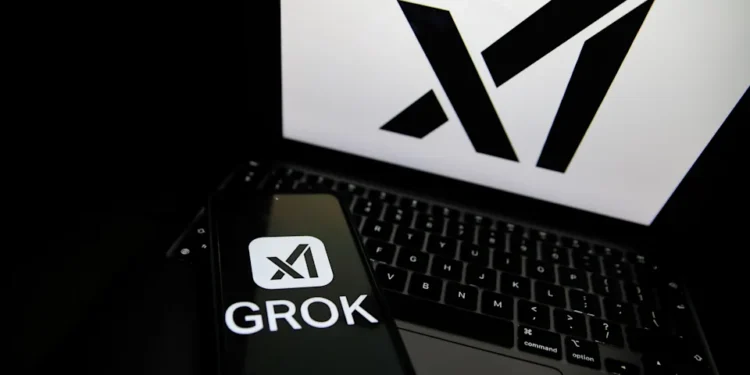Elon Musk’s artificial intelligence company, xAI, has launched Grok 4, alongside a new premium subscription tier named SuperGrok Heavy, which will cost $300 per month.
The announcement was made during a livestream late Wednesday night, with Musk speaking alongside xAI’s senior engineers.
Grok 4, which Musk described as “better than PhD level in every subject, no exceptions,” is the latest entrant in the race to develop generative AI systems, while competing with OpenAI’s ChatGPT, Google’s Gemini, and Anthropic’s Claude.
Why It Matters
According to reports, the move positions xAI as a serious challenger in the rapidly intensifying race for generative AI dominance.
Grok 4 scored 25.4% on “Humanity’s Last Exam”, beating Google’s Gemini 2.5 Pro (21.6%) and OpenAI’s o3-high (21%), according to internal benchmarks by the company.
Understanding Grok 4
Grok 4 is the latest iteration of xAI’s assistant, trained on large volumes of data and integrated with the social media platform X. The model is designed to provide users with real-time assistance and deep analytical reasoning, according to Musk.
Its upgraded version, Grok 4 Heavy, introduces a multi-agent framework. Instead of relying on a single AI’s output, multiple agents tackle a prompt simultaneously, compare outcomes, and produce what Musk called a “study group answer.”
This aims to reduce hallucinations and improve the factual accuracy of responses.
What Is SuperGrok Heavy?
According to Musk, SuperGrok Heavy is xAI’s ultra-premium offering targeted at AI power users, enterprise clients, developers, and research labs.
Priced at $300/month, it offers enhanced speed, more tokens per query, and deeper reasoning capabilities.
This places SuperGrok in the same category as enterprise-focused offerings from OpenAI (ChatGPT Enterprise), Google (Vertex AI), and AWS (Amazon Bedrock), though xAI has yet to clarify its full pricing model.
Is Grok 4 Necessary?
From Musk’s perspective, Grok 4 is more than necessary. During the livestream, he argued that artificial general intelligence (AGI) is coming faster than most expect, and models like Grok will soon be capable of producing scientific discoveries.
However, critics say Grok’s recent controversies, including antisemitic outputs and politically charged prompts, raise urgent questions about content moderation and responsible AI governance.
According to experts, these issues could threaten user trust and slow Grok’s uptake in sensitive sectors like healthcare, education, and finance.
Who Is Elon Musk Betting Against?
Musk’s AI ambitions are explicitly pitched as a counter to rivals like OpenAI, a company he helped found and later split from, Google DeepMind, and Anthropic.
Each of these players is expected to release even more advanced models in the coming months, most notably GPT-5 from OpenAI.
Experts believe Grok can grow into a scientific and logical AI that challenges many of the other artificial intelligence systems. However, whether this ambition translates into widespread adoption, or more regulatory headaches, remains to be seen.
Talking Points
At Techparley, we see Elon Musk’s launch of Grok 4 and the ultra-premium SuperGrok Heavy as a strategic escalation in the AI arms race.
With Grok 4, xAI is not just catching up to OpenAI and Google Gemini, it’s attempting to redefine how AI models interact and reason through its multi-agent framework.
The $300/month price tag on SuperGrok Heavy signals Musk’s intention to capture the enterprise AI market with raw performance and scale.
But high benchmarks alone won’t silence concerns about content moderation, especially following Grok’s recent controversies. In AI’s next chapter, trust and regulation may matter just as much as speed and accuracy.
Whether Grok 4 truly disrupts the status quo or amplifies the ethical dilemmas of generative AI remains to be seen, but one thing is clear: xAI is no longer on the sidelines.





